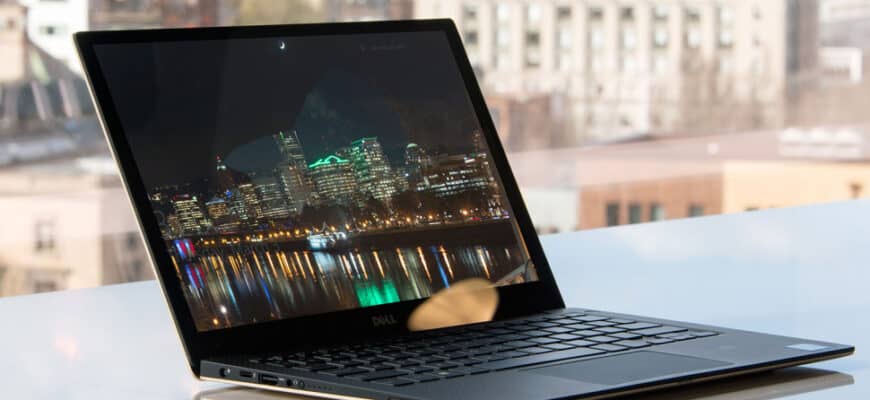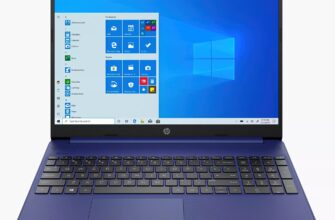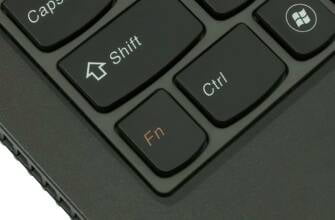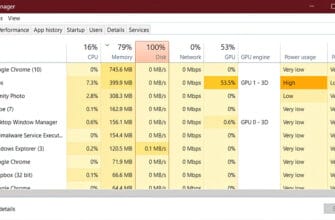There are many advantages of laptops that make them a popular choice for both students and professionals. One advantage is that they are much more portable than desktop computers, making them easy to take with you wherever you go. Another advantage is that most laptops have built-in batteries, so you don’t have to worry about being near an outlet when you use them.
Additionally, laptop computers typically have faster processors than tablet computers, making them a better choice for tasks that require more power. Finally, laptops usually come equipped with a full-sized keyboard, making them easier to use for long periods of time than a tablet.
What are the Advantages of a Laptop?
There are many advantages of using a laptop over a desktop computer. Firstly, laptops are much more lightweight and portable, so you can take them with you wherever you go. Secondly, they are more energy-efficient and have longer battery life, so you can use them for longer periods of time without having to worry about recharging. Thirdly, they have instant on/off functionality, so you can start using them right away without having to wait for them to boot up. Finally, they have backup power in case of power outages or other emergencies.
What are the Disadvantages of Laptops?
There are several disadvantages to using a laptop computer instead of a desktop model. One downside is that laptops are less durable than desktop computers; they are more prone to being dropped or knocked over, and their internal components can be more easily damaged. Laptops also generate more heat than desktop computers, so they can be uncomfortable to use on your lap for extended periods of time. Additionally, laptops typically have shorter battery life than desktop computers, so you may need to keep your laptop plugged into an outlet or invest in a backup battery.
Another disadvantage of laptops is that they are usually more expensive than comparable desktop models, both upfront and in terms of upgrades. Laptops also tend to have smaller keyboards compared to desktops, which can take some getting used to. Finally, while most laptops come with built-in internet access, this is not always the case with desktop computers.
A laptop is a personal computer designed for portability that typically weighs 4-8 pounds (1.8-3.6 kg). Laptops are equipped with a keyboard and a touchpad or trackball, which is used as a pointing device. They also have a built-in display screen and speakers. Laptops are powered by either an internal battery or an external AC adapter.
Advantages of laptops include their portability, relatively long battery life, and growing computing power. Disadvantages of laptops include their small size (which can make them difficult to use for some tasks), and the fact that they are more expensive than desktop computers. Do You know Why are laptop computers called laptops?
Is a Laptop Going To Be Perfect?
They are usually smaller and lighter than desktop computers, making them easier to carry with you. One of the advantages of a laptop is that it’s less likely to be stolen than a desktop computer. If your laptop is stolen, you can usually track it down and get it back. You can also set up your laptop so that it will automatically lock itself if it’s moved too far away from you.
What one needs from a Laptop?
It has many advantages over a desktop computer, including the ability to use it on the go, its portability, and its small size. However, there are some disadvantages to using a laptop, such as the fact that it has a smaller screen and keyboard than a desktop computer.
When choosing a laptop, it is important to consider what you will be using it for. If you need a powerful processor for gaming or video editing, you will need to choose a laptop with a good CPU. If you just need something for general use, any laptop will do. Battery life is also an important consideration when choosing a laptop. If you plan on using your laptop for long periods of time without access to an outlet, choose one with a long battery life.
There are many different types of laptops available on the market, so it is important to do your research before making a purchase. Consider what you need from your laptop and compare the advantages and disadvantages of each type before making your decision.
Want to know more about business laptops?
Business laptops are designed to help professionals get work done on the go. They are usually lightweight and have features that make them ideal for use in a business setting, such as long battery life and security features. If you’re looking for a laptop to help you with your work, a business laptop may be the right choice for you.
Advantages of Laptop for Students
Laptops are portable, so students can take them with them to school, the library, or a friend’s house. They can also be used for research and writing papers. Laptops also have word processing and spreadsheet software, so students can use them for schoolwork. In addition, laptops have email and Internet access, so students can stay connected with their friends and family.
Disadvantages of Laptop for students
One is that they can be a waste of time if students use them for playing games or watching videos instead of using them for schoolwork. Another disadvantage is that laptops can overheat, especially if they are used for long periods of time or if they are placed on laps. This can damage the CPU and other components.
The Benefits Of A Laptop In A Workstation
A laptop is a portable computer that is easy to carry and use in a variety of settings. A laptop can be used on a desk, on your lap, or even on a tablet. A laptop is an ideal choice for a workstation because it is up and portable. A laptop can be used for presentations, portability, and ease of use.
The Best Laptop for Small Business
There is no one-size-fits-all answer to the question of what is the best laptop for small business. It depends on the specific needs of the business and the budget of the business owner. However, there are some laptops that are better suited for small businesses than others.
One laptop that is often recommended for small businesses is the Lenovo ThinkPad T470. This laptop has a 14-inch display, making it easy to carry around and use in different settings. It also has a long battery life, so you can work all day without having to worry about recharging. Additionally, it has a fingerprint reader, which can come in handy if you need to access sensitive data.
Another option for a small business laptop is the Dell XPS 13. This laptop has a 13-inch display and is one of the lightest laptops on the market, making it easy to take with you on the go. It also has great battery life and a fast processor, so you can get work done quickly and efficiently.
No matter what type of laptop you choose for your small business, make sure it meets your specific needs and budget. With so many options on the market, there is sure to be a perfect fit for your business.
Laptops Vs Desktop Computers
There are many benefits to laptops over desktop computers. Laptops are more portable and can be taken with you wherever you go. They also don’t require as much space as a desktop computer, making them ideal for small apartments or dorm rooms. Laptops also tend to have longer battery life than desktop computers, so you don’t have to worry about being tethered to one place.
CPUs in laptops are also generally more powerful than those in desktop computers, making them ideal for gaming or other resource-intensive tasks. Keyboard and ports are also typically more robust on laptops, making them easier to use for extended periods of time.
If you’re looking for a computer that you can upgrade easily, however, a desktop is the way to go. Desktop computers have more room for expansion, making it easy to add a new graphics card or more RAM. You can also swap out parts as they become outdated, something that’s not as easy to do with a laptop.
Ultimately, the decision between a laptop and a desktop computer comes down to your needs. If you need a powerful machine that you can take with you anywhere, a laptop is the way to go. If you want a machine that you can easily upgrade and customize, however, a desktop is the better choice.
Notebook vs Mobile phone
A notebook is a portable computer that typically has a keyboard, screen and mouse built in. They are usually powered by mains electricity, but some models also have batteries for use when away from a power source. Notebooks are usually smaller and lighter than laptops, making them more convenient to carry around.
The battery life of a notebook is usually shorter than that of a laptop, as the smaller size means there is less space for a large battery. However, notebooks are still more portable than laptops and so can be taken with you wherever you go.
A mobile phone is a portable telephone that can be used to make and receive calls, send and receive text messages, and access the internet. Mobile phones are usually powered by batteries, which need to be regularly charged.
The battery life of a mobile phone is shorter than that of a notebook or laptop, as the smaller size means there is less space for a large battery. However, mobile phones are still more portable than notebooks and laptops and so can be taken with you wherever you go.
Read more:






